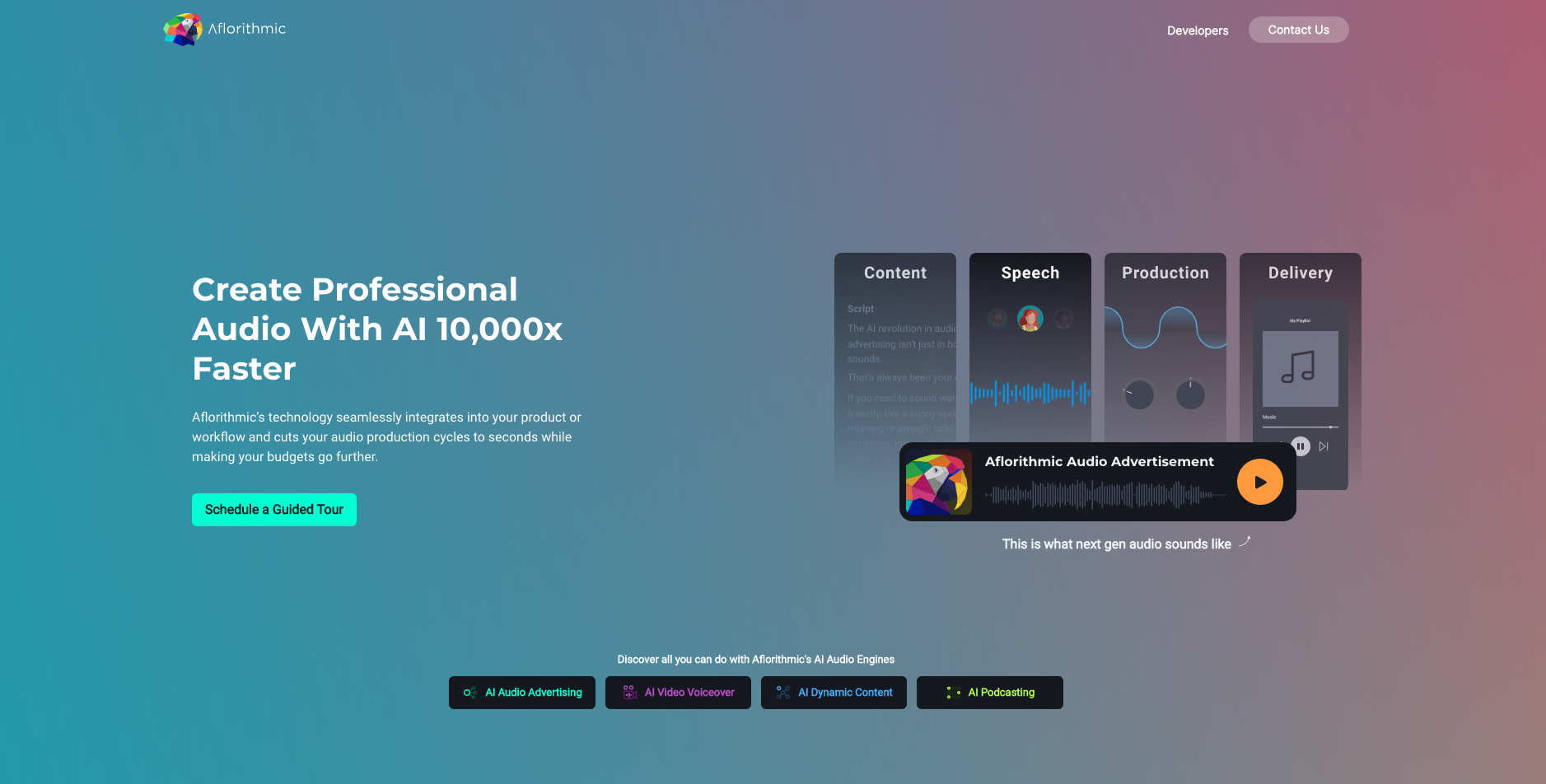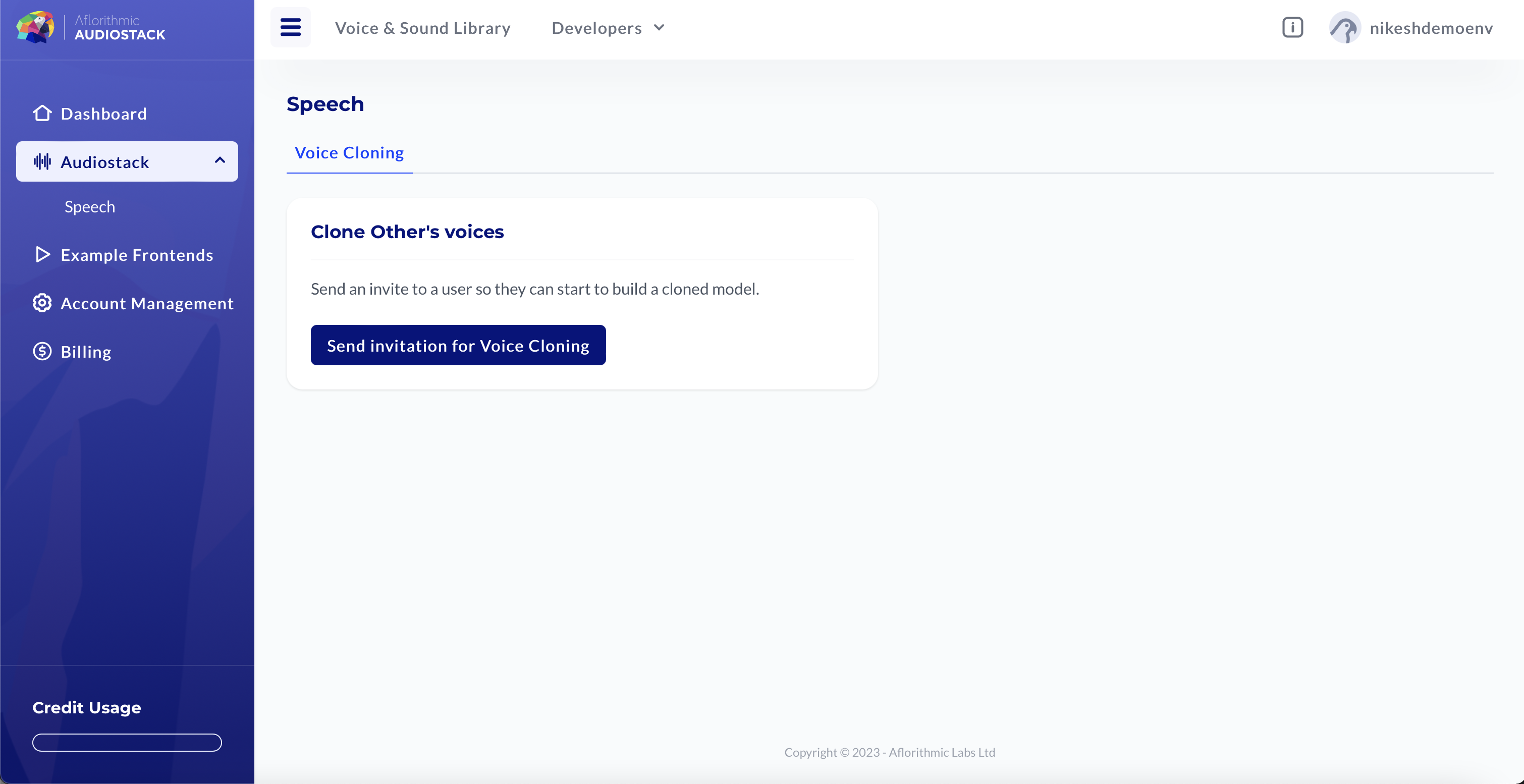8th April - Easter launch
by Peadar Coyle🐰 🐇
Easter launch
We want to wish you all a happy easter from all at Aflorithmic!
Here's some things we've launched
ElevenLabs voices are now part of our Library!
ElevenLabs is a voice technology research company, that merely focuses on developing high-quality AI voices for publishers and creators. Their text-to-speech models use high compression and context understanding unparalleled to other artificial voices we have encountered so far.
Currently we have sourced 9 American English voices, both male and female that you can use to render speech ultra-realistically for all your projects! https://library.api.audio/voices?providerFullName=elevenlabs
import audiostack, os
SCRIPT_TEXT = """
<as:section name="intro" soundsegment="intro">
This is the first section and will be combined with the intro music.
</as:section>
<as:section name="main" soundsegment="main">
This is the second section and will be combined with the main music. The section name and soundsegment don't have to have the same name.
</as:section>
"""
audiostack.api_base = "https://v2.api.audio"
audiostack.api_key = os.environ['AUDIOSTACK_API_KEY'] #stick your API key here
VOICE = "wren" #Others include Renata and Bryer
script = audiostack.Content.Script.create(scriptText=SCRIPT_TEXT)
print(script.message, script.scriptId)
tts = audiostack.Speech.TTS.create(scriptItem=script, voice=VOICE, public=True)
print(tts)SyncTTS
We recently fixed some bugs in SyncTTS and more importantly enabled it for ALL of our voices.
Profile picture
- Our profile pictures in the Console sometimes weren't shown, we've updated this so you can see your wonderful user profile picture.
Bug fixes
- We fixed a bug that the child organisations weren't inheriting account level voices, so this will mean that if your account is a paid plan the voices (that aren't marked private) will be inherited too. This means a better user experience for your users.


